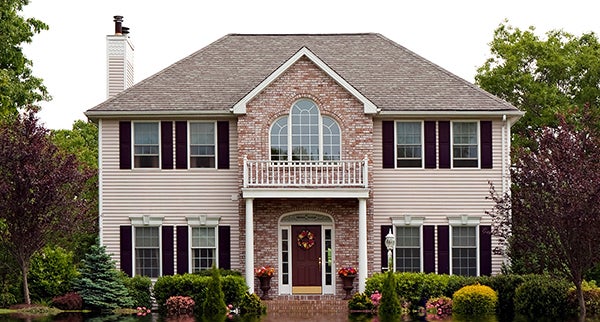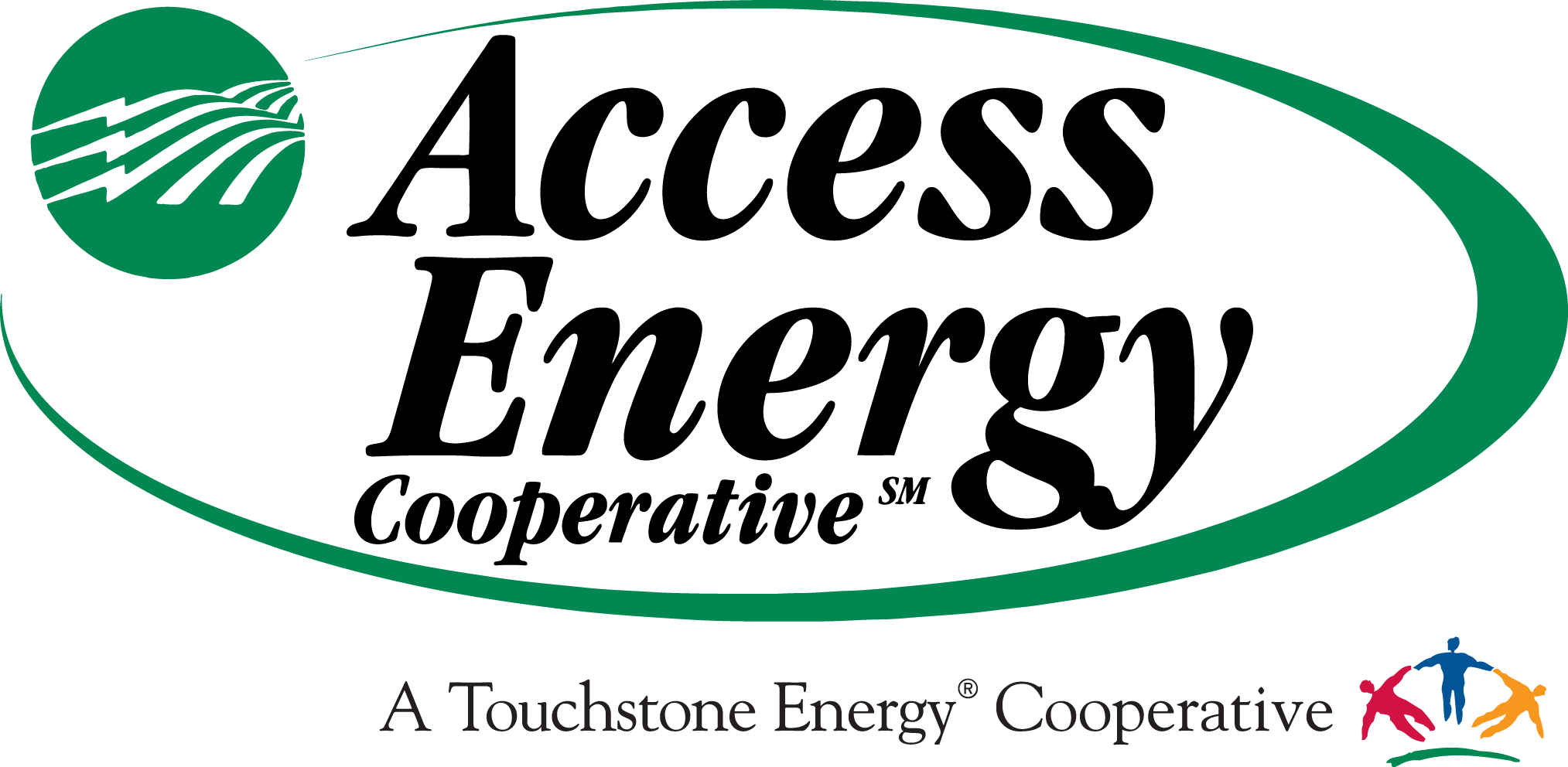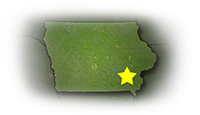If you’re getting ready to sell your home or just wondering how electrically sound it is, there are some general guidelines to assess the condition of your home’s wiring and electrical bones. Although it varies depending on where you live, most local codes follow the National Electric Code (NEC).
 The NEC is an industry-specific, jargon-filled document that outlines required practices for all aspects of residential and commercial electrical installation. Don’t worry, you don’t have to google it and read it from cover to cover, but know that your local code could vary. Local code always wins out when there are variances, so check with your qualified electrician or local building department (start with your city or town) for specific code requirements.
The NEC is an industry-specific, jargon-filled document that outlines required practices for all aspects of residential and commercial electrical installation. Don’t worry, you don’t have to google it and read it from cover to cover, but know that your local code could vary. Local code always wins out when there are variances, so check with your qualified electrician or local building department (start with your city or town) for specific code requirements.
Electrical malfunction is dangerous. U.S. fire departments responded to an estimated average of 45,210 reported U.S. home structure fires involving electrical failure or malfunction per year from 2010 to 2014, according to the National Fire Protection Agency. The home fires resulted in 420 deaths, 1,370 injuries and an annual $1.4 billion in direct property damage.
In general, here are some all-house guidelines that an inspector would look for; remember they may or may not align with your local electrical code but they are NEC-mandated. If your home has any of the following defects, it may not pass an electrical safety inspection:
- Old knob-and-tube, along with BX cable wiring, common in the U.S. from about 1880 to 1930
- New lights and receptacles installed into old wiring
- Overcrowded wires; i.e. too many wires bundled together producing excess heat
- Spliced wires that were illegally installed (they must be installed by an approved method)
- Broken or missing carbon monoxide detectors or smoke alarms (whether smoke alarms must be hard wired depends on the age of the home and in most cases, whether any home improvement projects required a permit)
- Non-insulated/non-contact-rated recessed lights that touch attic insulation, which is a fire hazard
- Improper overcurrent protection, which means the breaker or fuse is too large for the wire rating
- Improper Grounding and Bonding of electrical panels and devices
Some other room-specific things to look for include:
Kitchen
- Does your electric range, cooktop or oven have a dedicated 240-volt circuit?
- Is the breaker for the range, cooktop or oven sized correctly?
- Does your island have its own outlet? (The NEC has outlet requirements for kitchen islands, peninsulas and countertops.)
- Does your microwave, refrigerator, microwave and garbage disposal each have its own circuit?
Bathroom
- Are outlets GFCI (ground fault circuit interrupters)? GFCIs are designed to protect people from electric shock around water.
- Do your combination fan/lights have their own 20-amp circuit?
- Do the light fixtures in the shower or tub area have a “lens” cover? Are they moisture resistant?
Other Rooms (living, dining, family, bedrooms)
- Does each room have a wall switch installed beside the entry door?
- Are outlets installed no farther than 12 feet apart?
- Are ceiling fixtures controlled by a wall switch and not just a pull chain?
There are also hallway, staircase and garage code requirements, as well as those for the electrical service panel and wiring. Check with your qualified electrician or the city or town where you live for specific code requirements in all areas of your home.
Arc-Fault Circuit Interrupters (AFCI)
Many prominent electrical and homebuilding experts believe that using arc-fault circuit interrupters (AFCI) in these areas of homes has a significant impact on homeowner safety and that they reduce the number of lives lost in home electrical fires.
An AFCI is designed to detect series faults, line to neutral faults and line to ground faults, effectively stopping a fire before it starts.
Find more useful information about how to stay safe around electricity:

